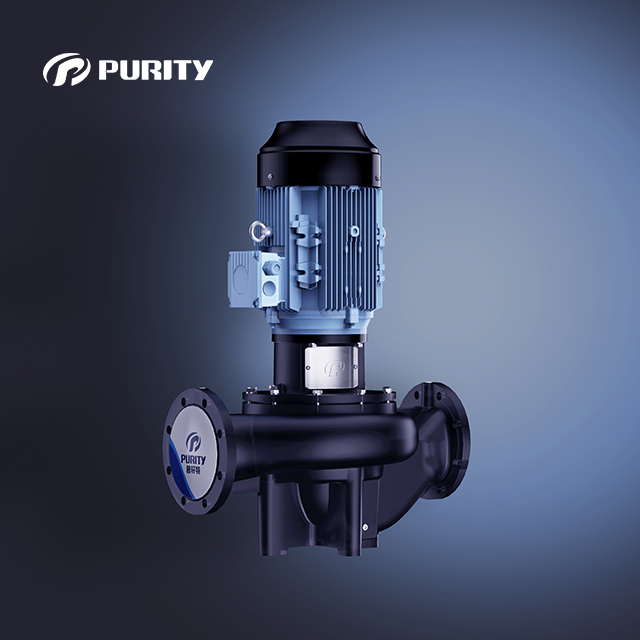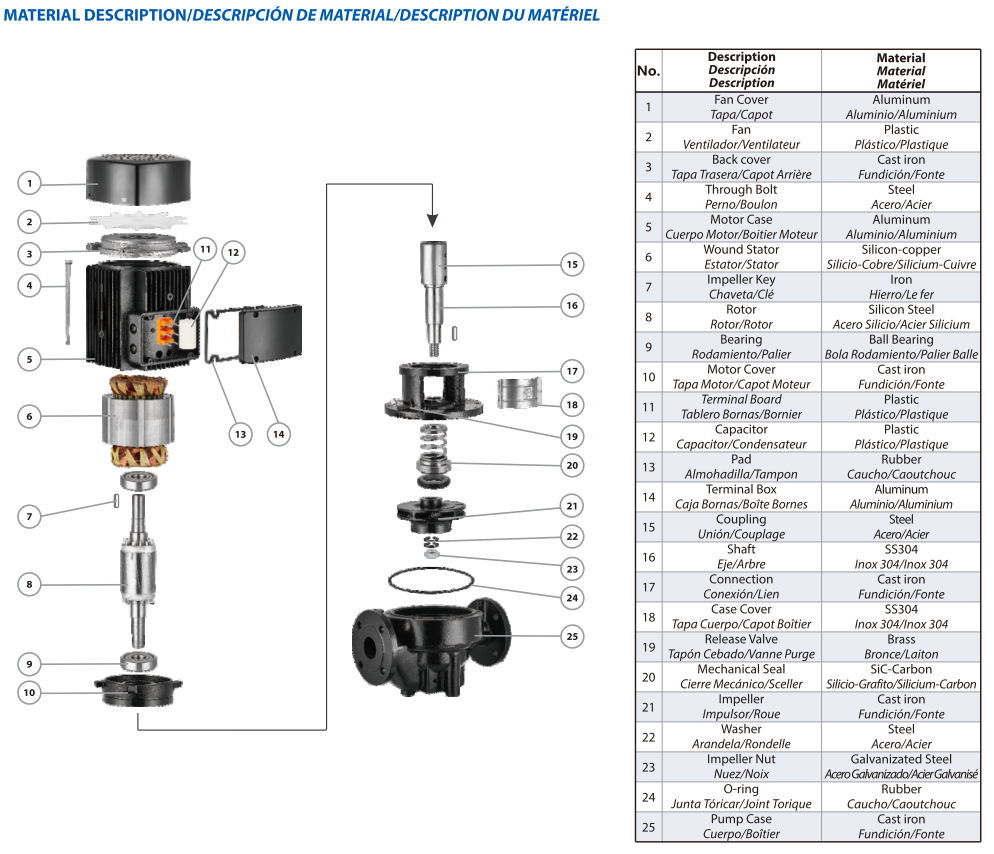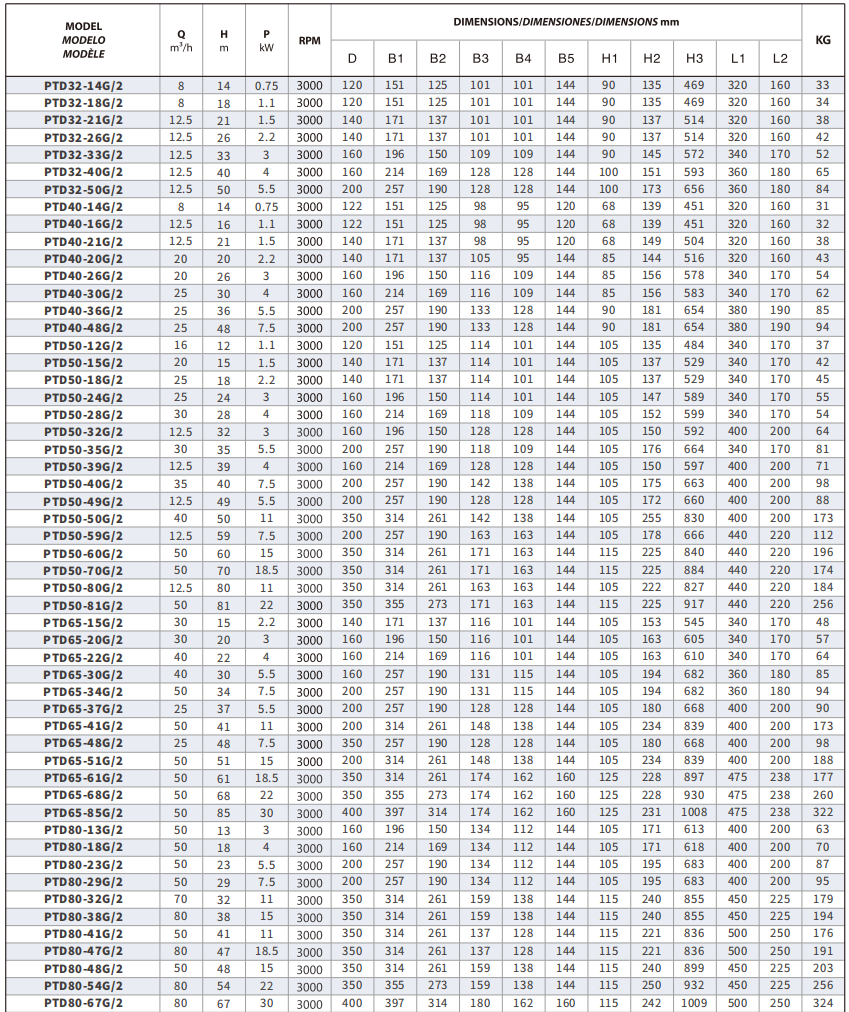Circulation pumps play a critical role in heating systems, ensuring the efficient transfer of hot water from the boiler to various appliances such as radiators and water heaters. These pumps are essential for maintaining a consistent flow of hot water throughout a building, providing instant access to hot water whenever needed. In this article, we will explore the importance, types, components, and workings of circulation pumps, along with common issues and their solutions.
A circulation pump is a key component in heating systems that moves hot water through the plumbing network. By continuously circulating hot water, the pump minimizes waiting times at faucets, ensuring that hot water is readily available. This capability not only enhances comfort but also conserves water by reducing waste.
There are several types of circulation pumps, including basic circulation pumps, on-demand
Basic Circulation Pumps: These operate continuously, keeping hot water flowing through the system. However, they can be inefficient and are generally not recommended for residential use.
On-Demand Circulation Pumps: These pumps activate only when hot water is requested, reducing energy consumption while providing timely hot water.
Time-Temperature Circulation Pumps: These are programmed to operate during peak usage times, ensuring hot water is available when most needed, without unnecessary energy expenditure.
Circulation pumps are widely used in both residential and commercial heating systems, as well as in hydronic heating systems, to supply heat to various zones in a building.

Fig.|Purity Circulation Pump PTD
A circulation pump comprises several key components:
1. Motor: Converts electrical energy into mechanical energy to drive the pump.
2. Impeller: Spins within the pump, creating centrifugal force to push water through the system.
3. Casing: Contains the pump and directs the flow of water, often featuring a volute that helps increase pressure.
4. Seals and Bearings: Ensure that water does not leak and that the impeller rotates smoothly.
Understanding these components is vital for recognizing how a circulation pump functions and identifying any potential issues.
When hot water is needed, it enters the pump through the inlet. The motor generates a rotating magnetic field that spins the impeller, creating kinetic energy that pushes the water out of the outlet. As the water flows, it builds up pressure, facilitating circulation throughout the pipes. This mechanism allows for almost instantaneous access to hot water, enhancing the efficiency of the heating system.

Fig.|Purity Circulation Pump PTD Components
Despite their importance, circulation pumps can encounter various issues, including:
Noisy Operation: Often caused by airlocks. Bleeding the pump can resolve this.
Leaks: Usually due to loose connections or worn seals. Tightening joints or replacing seals can help.
Blocked Pump: Build-up of sludge or debris can hinder operation. Regular maintenance and cleaning are recommended.
Insufficient Heating: Check the pump’s speed and flow settings, as they may need adjustment.
For serious issues, it’s advisable to consult a professional to diagnose and fix the problem effectively.
Replacing a circulation pump typically costs between £90 and £160, with installation fees ranging from £150 to £300. Knowing these costs can help homeowners make informed decisions about maintenance and upgrades.

Fig.|Purity Circulation Pump PTD Parameters
Purity circulation pumps offer distinct advantages over competitors:
1. Energy Efficiency: Equipped with national standard motors and an IP55 protection rating, Purity pumps provide superior energy savings compared to standard motors.
2. Durable Construction: Featuring shafts made from 304 stainless steel and precision-engineered components, these pumps operate with low noise and high reliability.
In summary, circulation pumps are essential for both residential and commercial heating systems. A clear understanding of their functionality and common problems can aid homeowners in effective maintenance, ensuring comfort and efficiency. If you’re considering a circulation pump upgrade, Purity is an excellent choice. For more information or to explore options, please contact us today.